Discovering Africa’s Majestic Heights: The Continent’s Highest Peaks
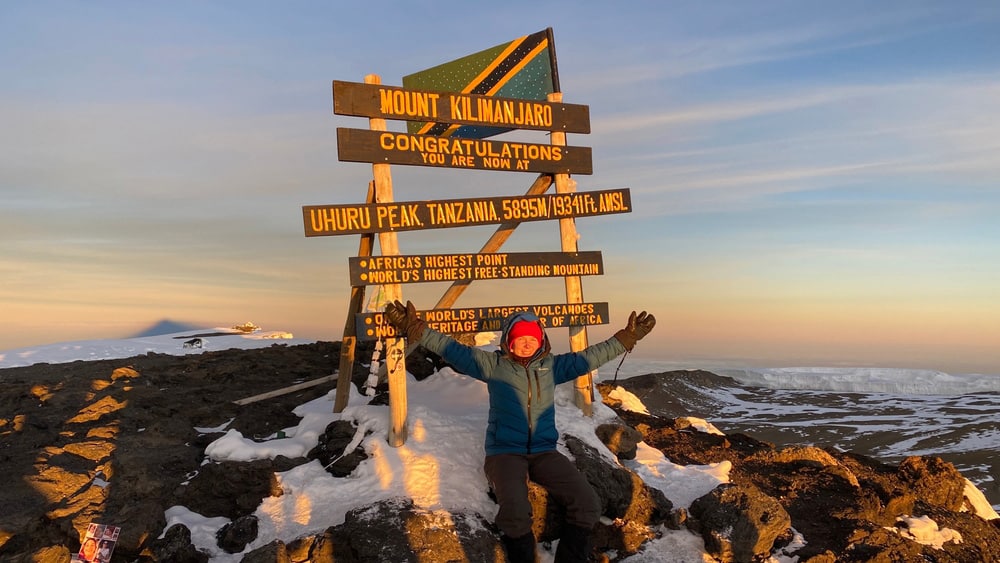
Africa is well-known for its enormous savannas, deep rainforests, and a wide variety of wildlife. It also has some of the world’s most breathtaking mountain ranges and peaks. The continent has many options for nature lovers and adventure seekers, from the famous snow-capped summits of Kilimanjaro to the untamed peaks of the Rwenzori Mountains. In this post, we set out on a quest to explore the highest peaks in Africa, each with its own distinct charm and fascination.
- Mount Kilimanjaro: Mount Kilimanjaro is a spectacular representation of the natural beauty and grandeur of Africa, standing tall as the continent’s tallest peak. This dormant volcano is 5,895 meters (19,341 feet) above sea level and is situated in Tanzania. Uhuru Peak, the snow-capped peak of Kilimanjaro, is a sight to behold and draws climbers from all over the world to undertake the difficult ascent and to Climb Kilimanjaro top you need to be fearless. Even with its high altitude, Kilimanjaro has a variety of paths that suit different ability levels, so both first-time hikers and seasoned mountaineers can tackle the peak.
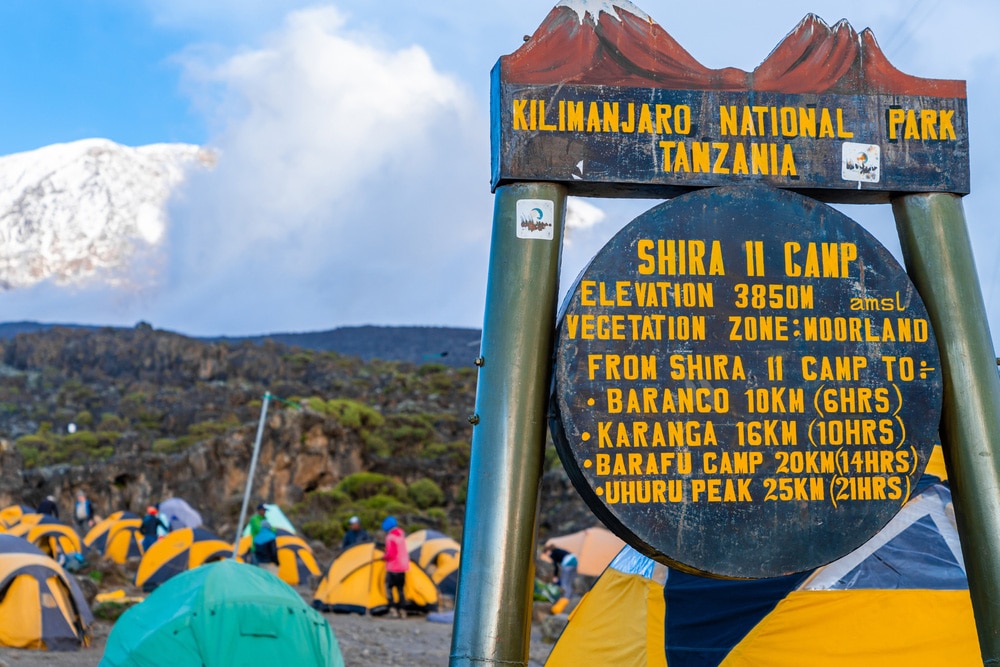
- Mount Kenya: At 5,199 meters (17,057 feet) high, Mount Kenya, the second-highest summit in Africa, is tucked away in the center of Kenya. Famous for its unusually craggy peaks and glacial valleys, this ancient, extinct volcano is well-known for its various plants and animals. Multiple paths go to Batian Peak, the summit of Mount Kenya, which needs technical climbing skills. Climbing Mount Kenya is an exciting and gratifying task. The mountain’s lower slopes are covered in verdant woods brimming with wildlife, providing hikers with an exciting opportunity to explore a variety of habitats.
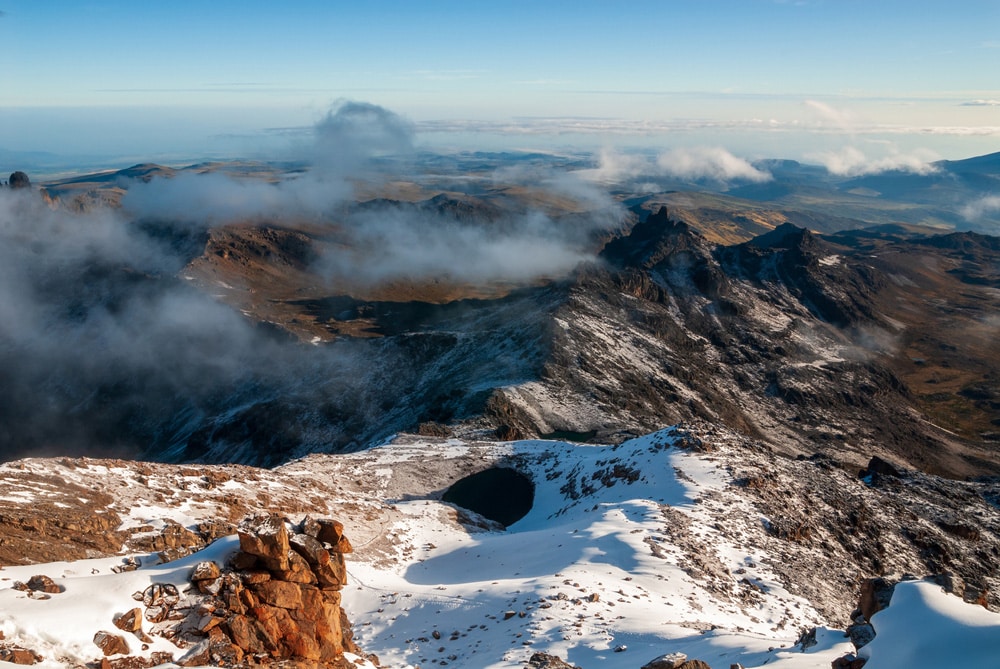
- Rwenzori Mountains: The Rwenzori Mountains, also called the “Mountains of the Moon,” span the border between Uganda and the Democratic Republic of the Congo and offer some of Africa’s most spectacular alpine beauty. Mount Stanley, the highest summit in this range, is 5,109 meters (16,763 feet) above sea level. The Rwenzori Mountains are distinguished from the other highest peaks on the continent by their glaciated peaks, pure alpine lakes, and distinctive Afro-alpine vegetation. A memorable experience awaits those who dare ascend Mount Stanley, which involves maneuvering through tough terrain and glaciers.
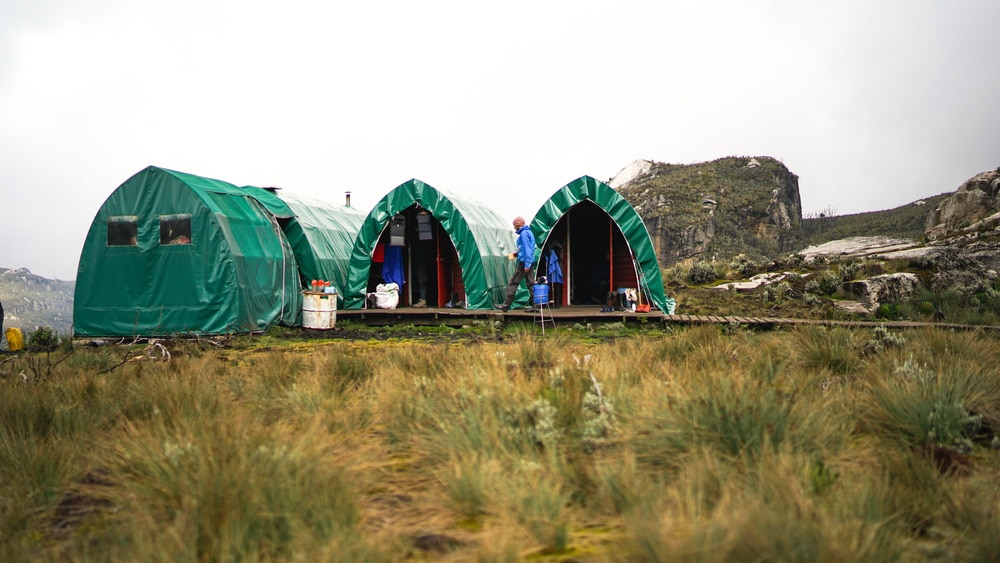
- Mount Elgon: Mount Elgon, an ancient shield volcano with a huge caldera spanning more than 40 kilometers (25 miles) in diameter, is located on the boundary between Kenya and Uganda. With its varied landscapes and abundant species, Mount Elgon provides an amazing climbing experience, even though it is not as well-known as Mount Kenya or Kilimanjaro. Wagagai Peak, the highest summit of Mount Elgon, is 4,321 meters (14,177 ft) above sea level. Climbers can enjoy breathtaking views of the surrounding plains and valleys as they explore the mountain’s crater, caves, and hot springs.
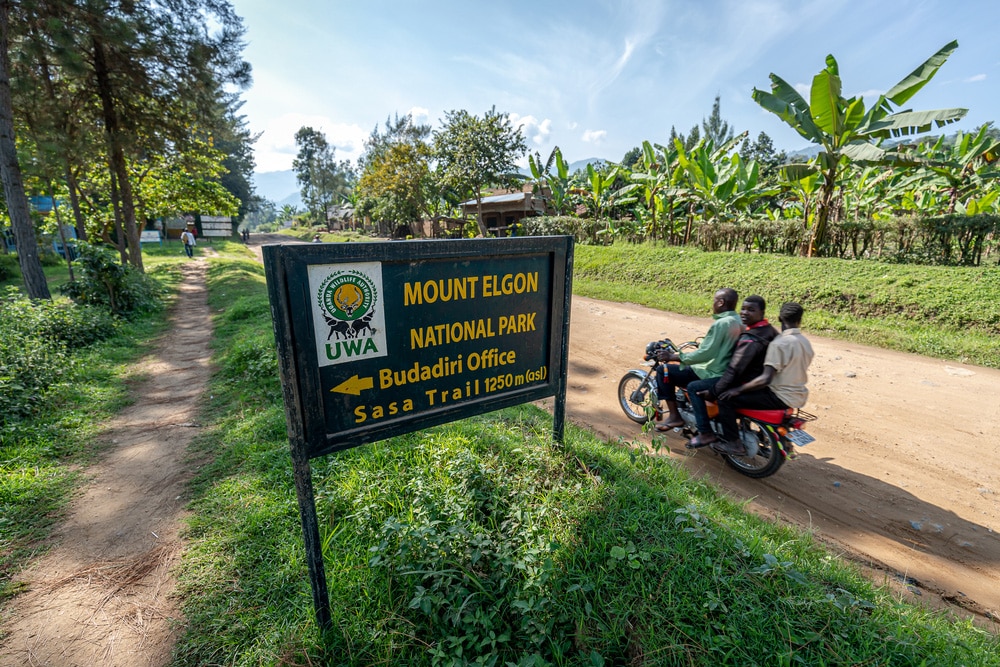
- Mount Meru: In Tanzania, close to Arusha, Mount Meru is a mountain sometimes eclipsed by its more well-known cousin, Mount Kilimanjaro. But this volcanic summit provides fewer tourists, beautiful vistas, and a strenuous hike. Reaching a height of 4,566 meters (14,980 feet), Mount Meru offers stunning views of Kilimanjaro’s snow-capped summits in the distance and the nearby savannas. Adventurers will find this walk rewarding and diverse as it passes through alpine meadows, lush rainforests, and rocky terrain on the way to Socialist Peak.
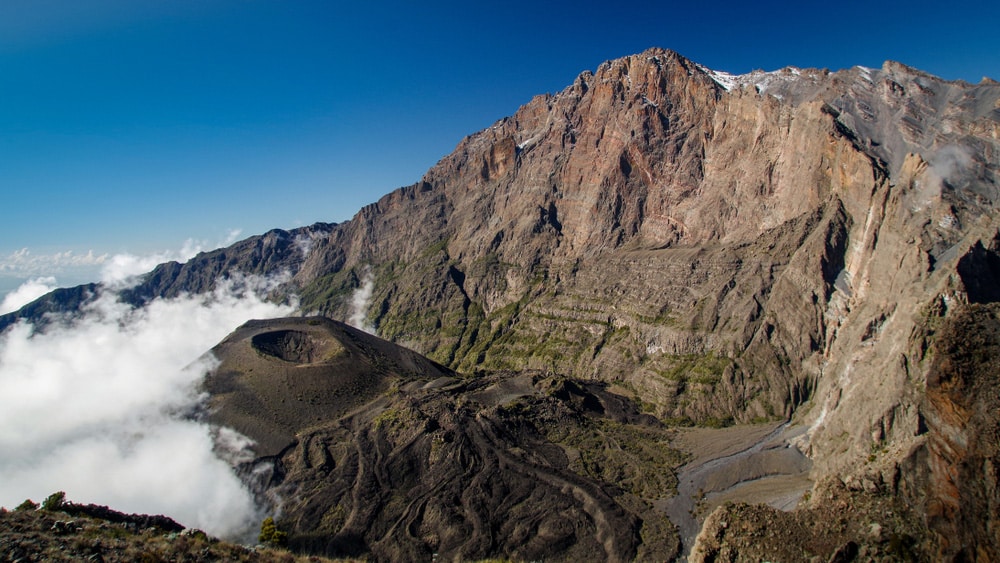
The tallest peaks in Africa remind us of the continent’s geological diversity and scenic splendor. Every mountain offers climbers and hikers a different kind of experience, from the recognizable snow-capped summits of Mount Kenya and Kilimanjaro to the rough peaks of the Rwenzori Mountains and Mount Elgon. Africa’s highest peaks promise life-changing experiences and stunning vistas that will make a lasting impression on everyone who ventures to summit them, whether you prefer the challenge of scaling towering heights or the tranquility of exploring untouched wilderness.
Bring the best of the CEOWORLD magazine's global journalism to audiences in the United States and around the world. - Add CEOWORLD magazine to your Google News feed.
Follow CEOWORLD magazine headlines on: Google News, LinkedIn, Twitter, and Facebook.
Copyright 2025 The CEOWORLD magazine. All rights reserved. This material (and any extract from it) must not be copied, redistributed or placed on any website, without CEOWORLD magazine' prior written consent. For media queries, please contact: info@ceoworld.biz








